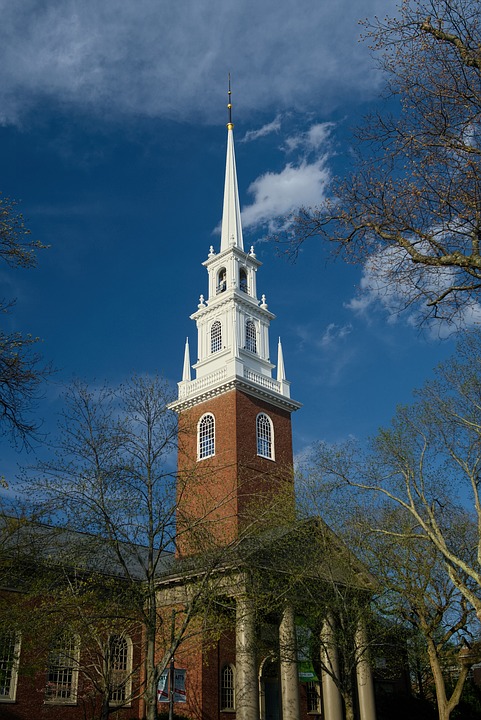
Wikimedia Commons
When anti-affirmative action group Students for Fair Admissions sued Harvard University in 2014 for using a “racial quota” in admissions, others accusing colleges of race-based discrimination followed suit.
But Tuesday’s ruling that upheld the legality of Harvard College’s race-conscious admissions policy may set a favorable precedent for Yale, whose own practices are under investigation by the Department of Justice and the Department of Education.
As the high-profile lawsuit against Harvard unfolded in the past years, a complaint filed by Asian American Coalition for Education and 132 other Asian American organizations in 2016 threatened how Yale considers race as a factor in their admissions policies. While several experts said the ruling legitimized race-conscious practices at admissions offices across the nation, an AACE representative told the News on Wednesday that they remain staunch in their advocacy for nullifying the race factor.
“This decision leaves private institutions free to continue to use conscious admissions and know the same type of legal framework can apply,” University of Texas, Austin professor Liliana Garces — who contributed to an amicus brief in support of the defendants in the lawsuit — told the News. “[The decision] endorses the current holistic admissions that are present.”
Garces added that the court’s ruling came after a meticulous analysis of the facts and said “not much [of current admissions practices] would change” as a result of this decision.
Still, the controversy surrounding race-conscious admissions policies has yet to subside. In an interview with the News, Students for Fair Admissions founder Edward Blum said there will be an appeal to the ruling. In that case, the case will not be resolved for at least another two years, Blum said.
AACE president Yukong Zhao released a statement calling the ruling an act of “whitewashing Harvard’s discriminatory admissions practices and an unfortunate attack on Asian American children’s equal education rights.” The coalition will continue to advocate for Asian American students’ rights and race-blind admissions policies, Zhao said. He added that the federal government will conduct investigations into universities like Yale without being biased by the verdict from the Harvard lawsuit.
“Regardless of the current Harvard ruling, Yale needs to conduct [an] internal review and training to eliminate such illegal practices,” Zhao said.
AACE’s 2016 complaint — which also levelled allegations against Brown University and Dartmouth College — echoed language from the lawsuit against Harvard. It stated that many selective institutions of higher education, including Yale, have “applied de facto racial quotas, racial stereotypes and higher admissions standards to discriminate against Asian American applicants.”
But the judgement that sided with Harvard earlier this week stated that race-conscious admissions will “always penalize to some extent the groups that are not being advantaged by the process” and said such a policy is justified by “the compelling interest in diversity and all the benefits that flow from a diverse college population.”
For his part, Dean of Undergraduate Admissions and Financial Aid Jeremiah Quinlan defended Yale’s admissions process and said it creates an enriching student environment.
“Yale believes that having a student body and a faculty from around the globe and around the country — including individuals with a wide range of ethnic and racial backgrounds, socioeconomic and family upbringings, gender orientations, talents and skills — enriches Yale’s community in immeasurable ways and prepares our students to lead and succeed in an increasingly diverse global workforce,” Quinlan said in a statement to the News.
A 2016 Gallup Poll said that 70 percent of Americans support exclusively merit-based admissions to institutions of higher learning.
Kelly Wei | kelly.wei@yale.edu







